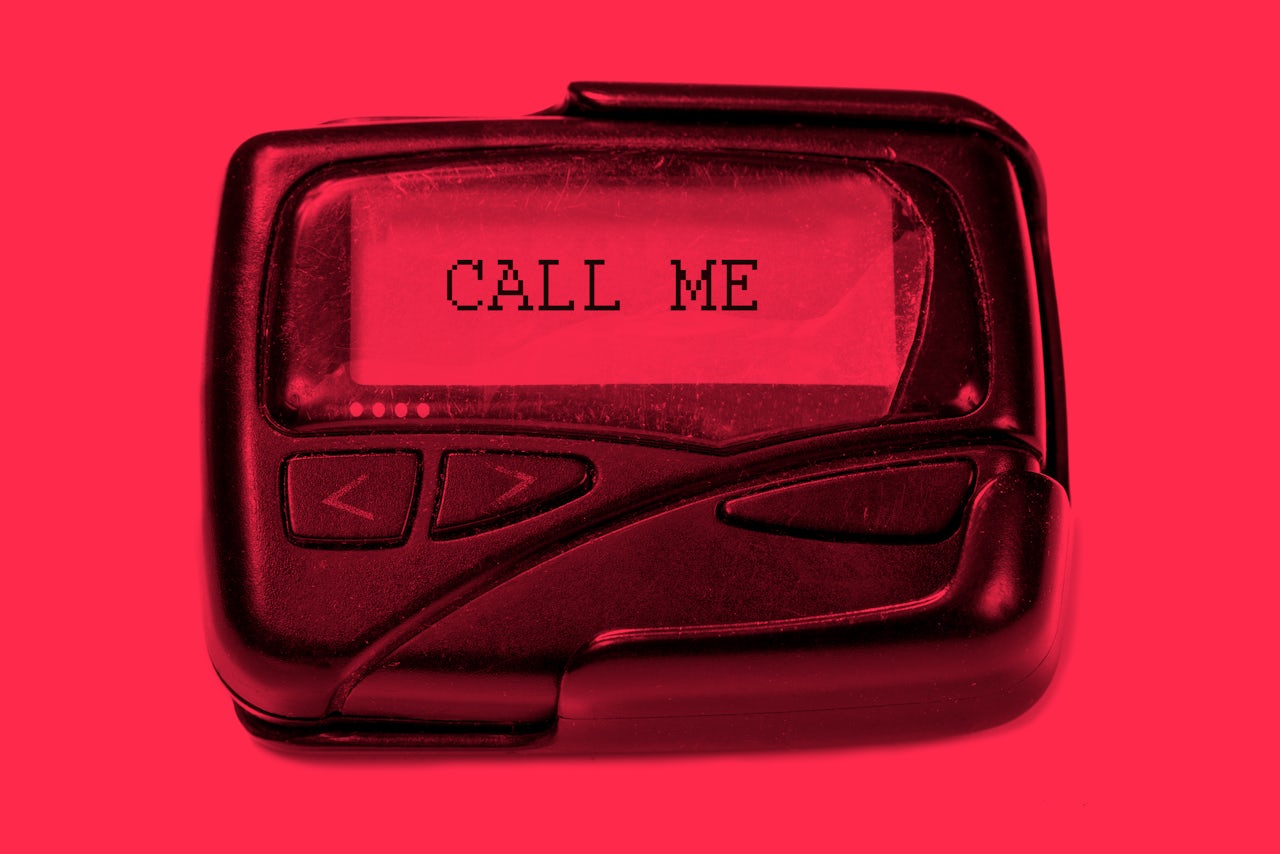A Silicon Valley startup wants to make sure workers are on call at all hours of the day, effectively rendering work/life balance even more elusive than it already is. PagerDuty, which was founded in 2009 by former Amazon employees, was first envisioned as a way to alert programmers of crashes, bugs, or other issues. Now, the company — which already services some 10,000 companies, including Gap, Lululemon, and IBM — is expanding its services to employees beyond the tech sector. Naturally, it has raised $83 million in funding.
According to a company profile in Bloomberg this morning, PagerDuty, which is named after the pagers on-call employees used to wear to receive alerts from work, plans on expanding their services so they can “deliver the same always-on-call approach to other classes of workers, including marketers, IT administrators and those in the executive suite.” The idea is that when something goes wrong —like a flurry of angry tweets from customers who discover a retailer's website is down during a big sale — PagerDuty will immediately alert workers when things under their purview go wrong.
Other companies have used PagerDuty to ensure that big projects go smoothly. In 2016, the note-taking app Evernote used PagerDuty when transferring their service to Google Drive. “Our name is Evernote,” The company’s CEO Chris O’Neill told Bloomberg. “It’s not ‘sometimes note.’ It’s not ‘when you get to it note.’”
CEO Jennifer Tejada told Bloomberg that certain events always require a response, no matter what time it is. “Rather than waiting until your customers are burning and tweeting to you, we see those event storms before they become an incident,” said Tejada.
It makes sense why a company like Evernote would rely on PagerDuty for such a high-stakes project, or why an online retailer would use the platform to make sure they have a plan in place if their website crashes. But it’s also easy to picture companies taking advantage of such a service to make employees drop whatever they’re doing whenever any issue, however minor, arises. Some employers already expect their workers, or even potential hires, to always be on call — like Barstool Sports CEO Erika Nardini, who was recently asked to explain herself after she said she texts job candidates on the weekends to see how quickly they respond. Curiously, in reviews of PagerDuty on Glassdoor, many of the company’s workers bemoan a lack of work/life balance, even if they otherwise like working at the company. We reached out to PagerDuty about this and will update if we hear back.
Thanks to a combination of stagnating wages, eroding labor power, and the looming fear that someday your job will be replaced by an app, workers put up with this kind of behavior from employers all the time, often to the detriment of their mental and physical health. This 24-hour work culture has become so pervasive that a New York City Councilmember introduced a bill last month called the “Right to Disconnect,” which would protect employees against retaliation if they didn’t respond to emails, texts, and now, PagerDuty alerts, I guess, outside regular work hours.
Yes, there are occasional emergencies. But personally, unless the pee tape drops, please do not send me “emergency alerts” on the weekends.
